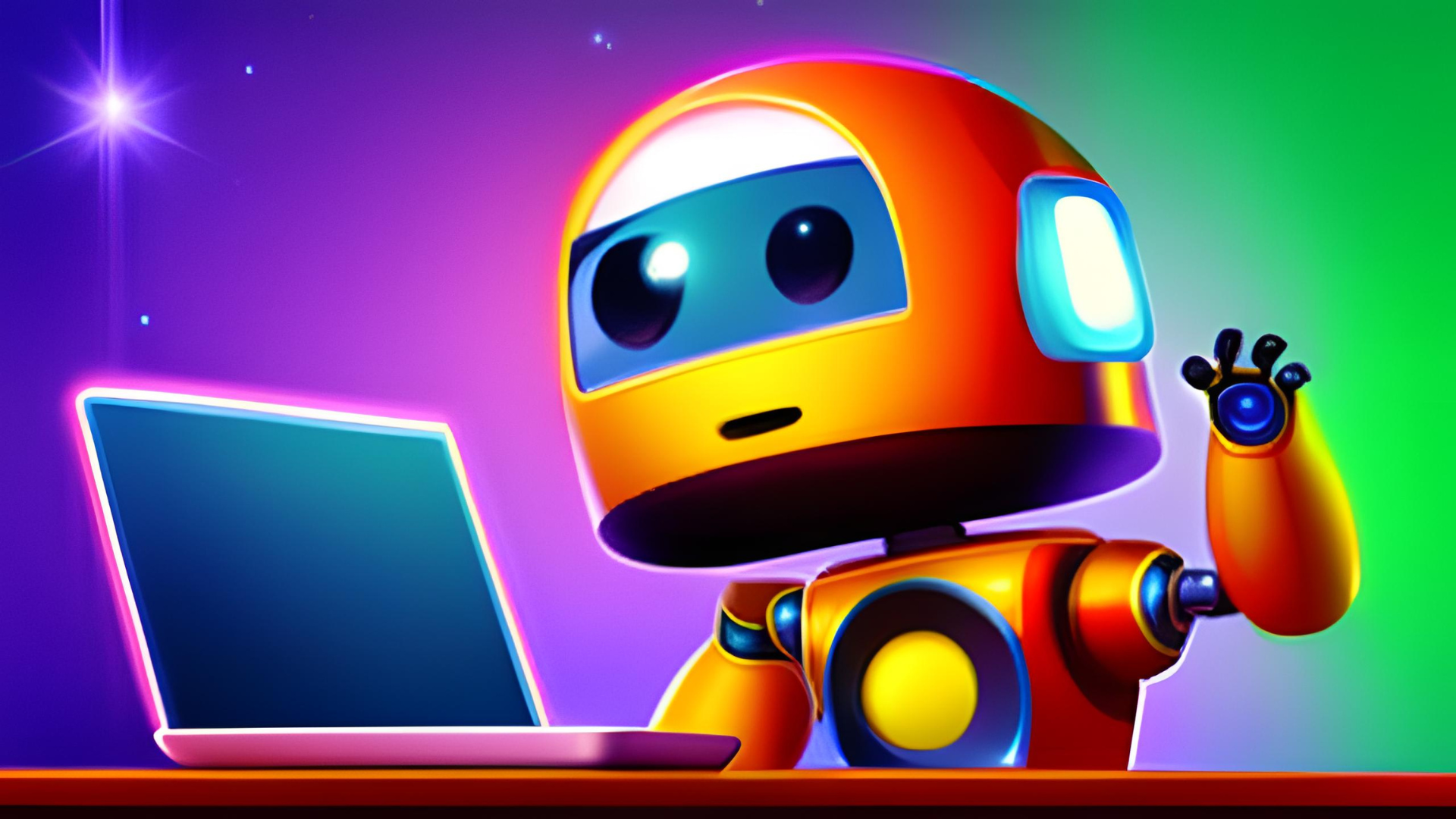In the last two years, artificial intelligence (AI) has taken over many news headlines. It’s made huge improvements, completely changing industries, including digital marketing. After all, AI can analyze large amounts of data, make data-driven decisions, and automate tasks. This has had a massive impact on the way advertisers engage with their audiences. In part one of this two-part series, we will explore how AI is changing digital marketing and if it poses any threats to our industry.
How AI is Changing Digital Marketing
AI has already transformed digital marketing in many ways, enhancing our advertising capabilities and improving the customer experience for our client’s programs. Let’s review a few ways in which AI has made big differences so far:

- Enhanced Personalization: AI algorithms can analyze customer behavior and preferences, allowing businesses to deliver tailored content and recommendations. This level of personalization creates stronger customer relationships and drives higher conversion rates. Example: Automatically created assets (ACA) with generative AI for Search ads.
- Predictive Analytics: AI’s data processing power allows marketers to analyze historical data and predict future trends accurately. By understanding customer behavior, marketers can tailor their strategies and anticipate customer needs. For example, Starbucks used predictive analytics via their mobile app to serve customers personalized experiences. By gaining insights into the customer’s purchase behavior like time of day and location, they’ve been able to analyze and push customized marketing messages to drive more customer engagement.
- Chatbots and Customer Support: AI-powered chatbots have become integral to most customer support services. They provide instant responses to customer queries, increasing customer satisfaction while freeing up human resources for more complex tasks.
- Content Creation and Curation: AI can create, and curate content based on user preferences, saving marketers time and effort. Tools like automated content generators and recommendation engines improve content relevance and engagement. Examples include copy.ai for copywriting or blog posts.
- Behavioral Targeting: AI enables marketers to target specific audiences based on their behavior and interests, making sure that ads reach the right people at the right moment.
Is AI a Threat to Digital Marketing?
While AI offers many benefits, some marketers may perceive it as a threat, fearing that machines will replace human creativity and understanding. In May of this year, several tech leaders warned that AI could cause human extinction and equate it to major societal risks like nuclear war and pandemics.
Should we be freaking out? I think the answer lies within the middle. It’s important to recognize that AI is just a tool, not a replacement. Instead of displacing marketers, AI empowers us to focus on strategic decision-making, creativity, and personalization.
After all, technology changes over the last 40+ years have always come with pushback. For example, I found an article published in 1994 by the Baltimore Sun sharing a Dell study on technology. It stated “More than half of Americans are tech-nophobic to some degree and one-fourth of all adults have never programmed a VCR or set the buttons on their car radio. One-fourth mourned the passing of the typewriter.”
While those sentiments are pretty wild compared to today’s standards, we should operate at a healthy level of both embracing the tech and being cautious. This tech advancement fear (and pushback) comes in waves and ultimately, the consumer must evolve or submit to becoming a ‘dinosaur.’
Lastly, AI-driven systems can present challenges concerning data privacy and security. Marketers and advertisers should continue to advocate for better safety standards and transparency. As AI relies heavily on data, businesses must ensure they handle customer information responsibly and stick to the guidelines to build and maintain trust with their audience.
What’s Next?
AI has already transformed the digital marketing world. Need further convincing? ChatGPT helped me write portions of this article and I used Canvas text-to-image app to create the robot image! This proves my point that we don’t need to be afraid of this ‘threat’ but rather leverage it in powerful ways to enhance the digital experience.
With the impact of AI’s data analysis, data-driven decision-making, and task automation, we’re seeing new ways for our advertisers to engage with their audiences. In part two of this series, we will dive further into the subject, exploring how AI disrupts marketing strategies and the potential effects it is expected to have in 2023 and beyond.



